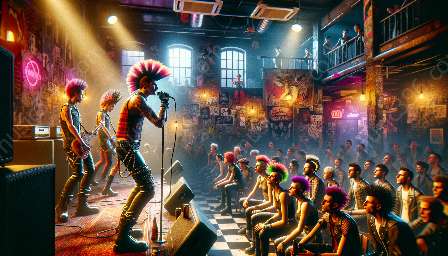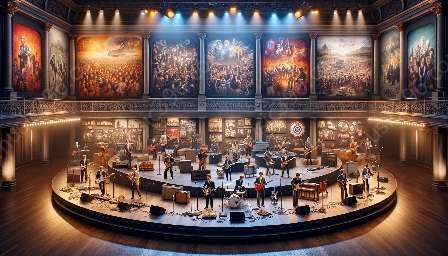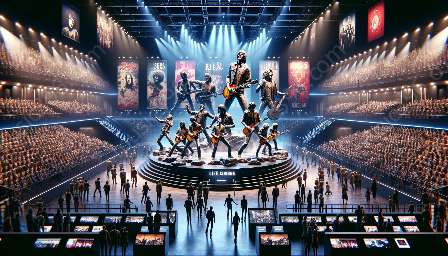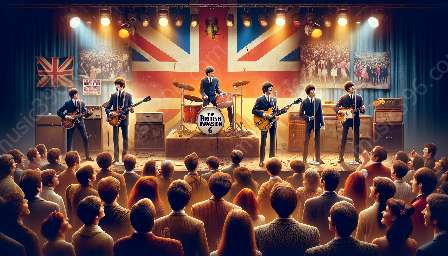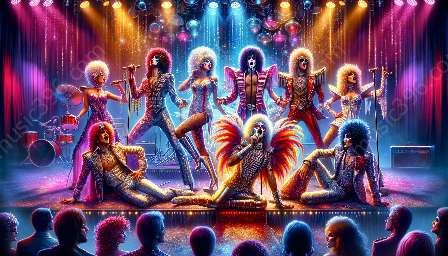Rock music has long been a platform for expressing social and political messages, with its themes and messages evolving alongside the changing tides of society. This article will examine how various movements have influenced the lyrical content of rock music, and explore its implications for the future of the genre.
1. The Evolution of Rock Music
Rock music has always been deeply intertwined with social and political issues, reflecting the cultural climate of its time. From its roots in the 1950s to the present day, rock has served as a medium for artists to share their perspectives on contemporary issues, often serving as a catalyst for change.
2. Influence of Civil Rights Movement
The civil rights movement of the 1960s had a profound impact on the lyrical themes of rock music. Artists such as Bob Dylan, Nina Simone, and The Beatles used their platform to advocate for racial equality and justice. Songs like 'Blowin' in the Wind' and 'A Change is Gonna Come' became anthems for the movement, encapsulating the struggle for equality in their poignant lyrics.
3. Political Protest and Counterculture
The 1960s and 1970s also saw an explosion of political protest and countercultural movements, which deeply influenced the lyrical content of rock music. Bands like The Doors, Creedence Clearwater Revival, and Jefferson Airplane addressed issues such as war, government corruption, and individual freedom in their music, resonating with a generation seeking change.
4. Punk and Rebellion
The emergence of punk rock in the 1970s further exemplified the impact of social and political movements on lyrical themes. Bands like the Sex Pistols and The Clash embraced rebellion and anti-establishment sentiments in their music, reflecting the disillusionment and anger felt by many in response to societal norms and political structures.
5. Impact of Feminist Movement
The rise of the feminist movement in the 1970s and 1980s brought about a shift in lyrical themes within rock music. Female artists such as Patti Smith and Joan Jett used their music to challenge gender stereotypes and advocate for women's rights, paving the way for future generations of musicians to address issues of gender equality and empowerment.
6. Modern Influences on Lyrical Themes
In the modern era, rock music continues to respond to ongoing social and political movements. Artists like Rage Against the Machine and Green Day have addressed issues such as systemic inequality, corporate greed, and environmental activism in their music, connecting with audiences who seek music that reflects their concerns and frustrations.
Future of Rock Music
As social and political movements continue to shape the world, rock music remains a powerful vehicle for expressing the voices of change. The evolving nature of lyrical themes in rock music suggests that the genre will continue to adapt and respond to the pressing issues of each era, ensuring its relevance in the future.





